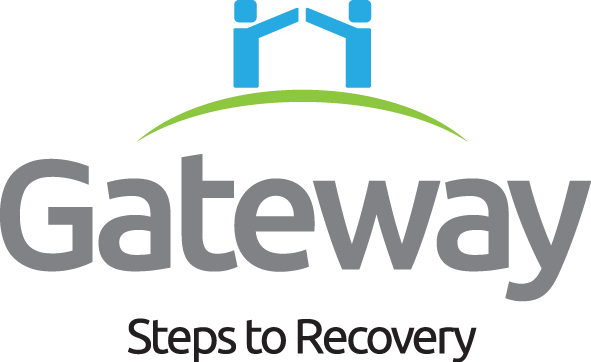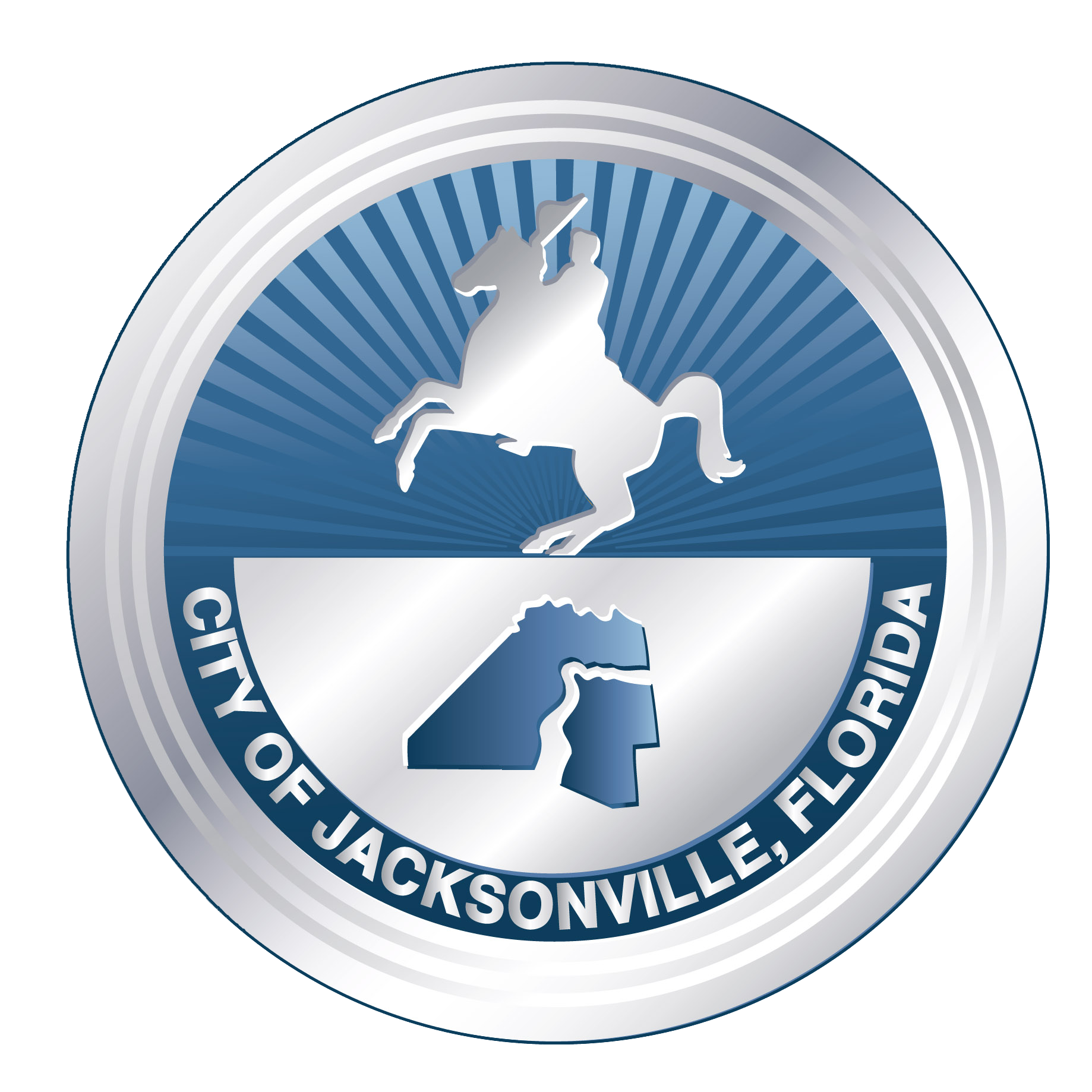The arguments surrounding the legalization of marijuana have been on-going for many years. Advocates for legalization began petitioning the Federal Government in 2002. Equally, anti-legalization groups met those arguments and petitions with a resounding NO. However, it would appear that just like prohibition, marijuana will be following the suit of alcohol use and sales.
But before those who would celebrate the decriminalization of marijuana, for recreational use or medical use begin to cheer, more information is needed.
The Controlled Substances Act of 1970 classifies marijuana as a Schedule I Drug and under federal law, it is illegal to possess, use, buy, sell, or cultivate marijuana. This law remains on the books but, it would seem the sentiment regarding marijuana as a dangerous and addictive drug, and the support for continuing to classify it as a Schedule l drug, is waning. Roger Roffman, a professor of social work at the University of Washington, asserted in July 2013 that approximately 3.6 million americans are daily or near daily users. Peter Reuter, a professor at the School of Public Policy and the Department of Criminology at the University of Maryland, College Park, said that “experimenting with marijuana has long been a normal part of growing up in the U.S.; about half of the population born since 1960 has tried the drug by age 21. A World Health Organization survey found that the United States is the world’s leading, per capita, marijuana consumer.
Among those that are dismayed at the movement to make marijuana legal and a non-threat to society, is the mental health and substance abuse treatment industry. And in the field of Prevention, it is seen by many as a canceling-out of the years of education and information efforts in schools and communities. The Supervisor of Prevention, Gateway Community Services, Jodie Thomas, states that her job in convincing young people that there really is a health hazard in the use of marijuana has just become much more difficult. When explaining that…
- Marijuana smoke irritates the lungs, and frequent marijuana smokers can have the same breathing problems that tobacco smokers have.
- Marijuana raises the heart rate for up to 3 hours after smoking, increasing the chance of heart attack.
- Depression and anxiety are common side-effects.
• THC, the chemical responsible for most of marijuana’s psychological effects, over activates certain brain cell receptors, resulting in effects such as:
- altered senses
- changes in mood
- impaired body movement
- difficulty with thinking and problem-solving
- impaired memory and learning
and a host of other issues for short and long term use, the response is, “that can’t be true. If marijuana were harmful, they wouldn’t make it legal.“
Even though Marijuana remains a Schedule I Drug, some states have created exemptions for medical marijuana use as well as decriminalized non-medical marijuana use—Alaska, Colorado, Oregon, Washington (Washington DC has legalized personal use but not commercial sale). Twenty-three states and the District of Columbia have passed laws allowing some degree of medical use of marijuana, and 14 states have taken steps to decriminalize it to some degree.
Florida
A constitutional amendment sponsored by People United for Medical Marijuana, obtained 745,613 signatures by January 24, 2014 (683,149 were required by Feb. 1st). The Supreme Court in Florida ruled 4-3 in favor of allowing the initiative to be decided by voters in the November election, which was decided on January 27, 2014. The House Bill and the Senate Bill for the legalization of medical marijuana, HB 842, called the “Cathy Jordan Medical Cannabis Act”, received its first read on March 4, 2014 and states: “requiring the Department of Business and Professional Regulation to regulate the manufacture, cultivation, possession, wholesale distribution, dispensing, purchase, delivery, and sale of cannabis for medical use and the manufacture, possession, purchase, sale, use, and delivery of drug paraphernalia; providing that the department is responsible for the licensure and permitting of dispensaries and medical cannabis farms and the registration of owners, directors, officers, members, incorporators, employees, and agents of such farms and dispensaries, etc.” This bill would create more restrictive rules than exist in any of the other states which have legalized medical marijuana. HB 843 only allows cannabis oil that contains more than 15% of cannabidiol (CBD) and no more than 0.5% THC.
The 2015 Florida Statutes:
http://www.leg.state.fl.us/statutes/index.cfm?App_mode=Display_Statute&URL=0800- 0899/0893/Sections/0893.13.html
Office of National Drug control Policy:
https://www.whitehouse.gov/ondcp/state-laws-related-to-marijuana
For more detailed laws, restrictions, regulations for other States, visit: https://en.wikipedia.org/wiki/Cannabis_in_the_United_States#State
Some of the content for this article was comprised from the following website: https://en.wikipedia.org/wiki/Cannabis_in_the_United_States#Legality







